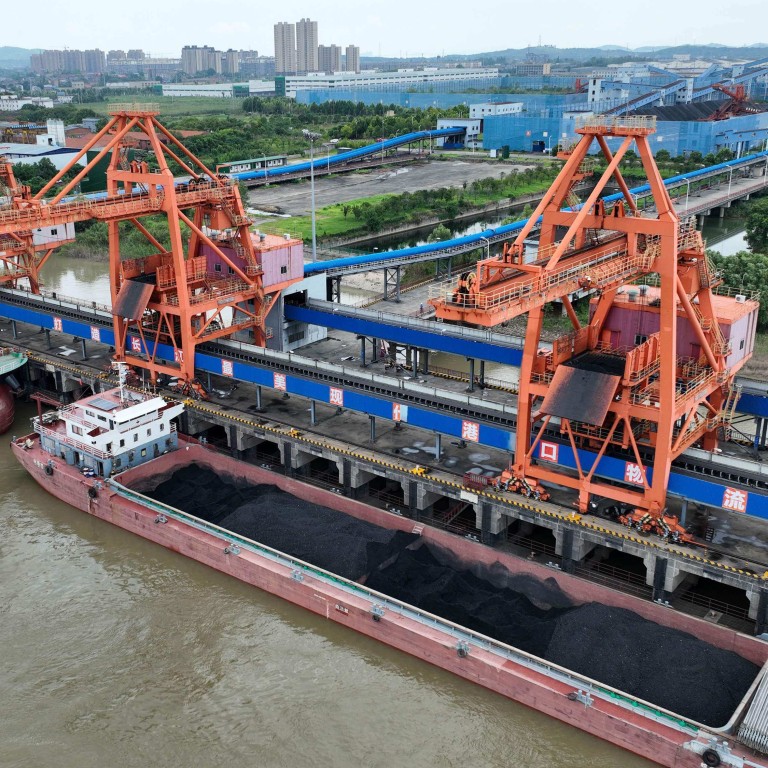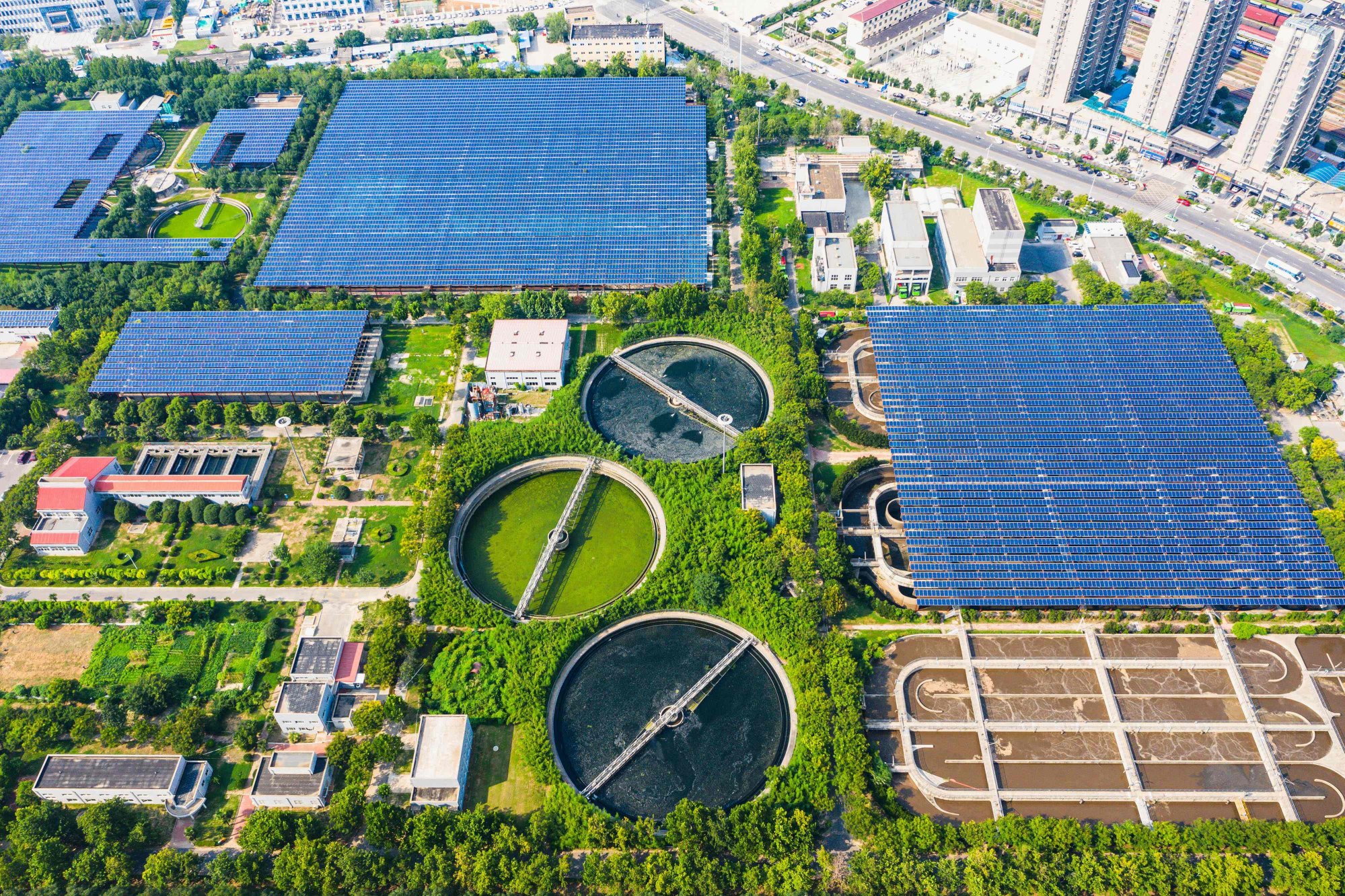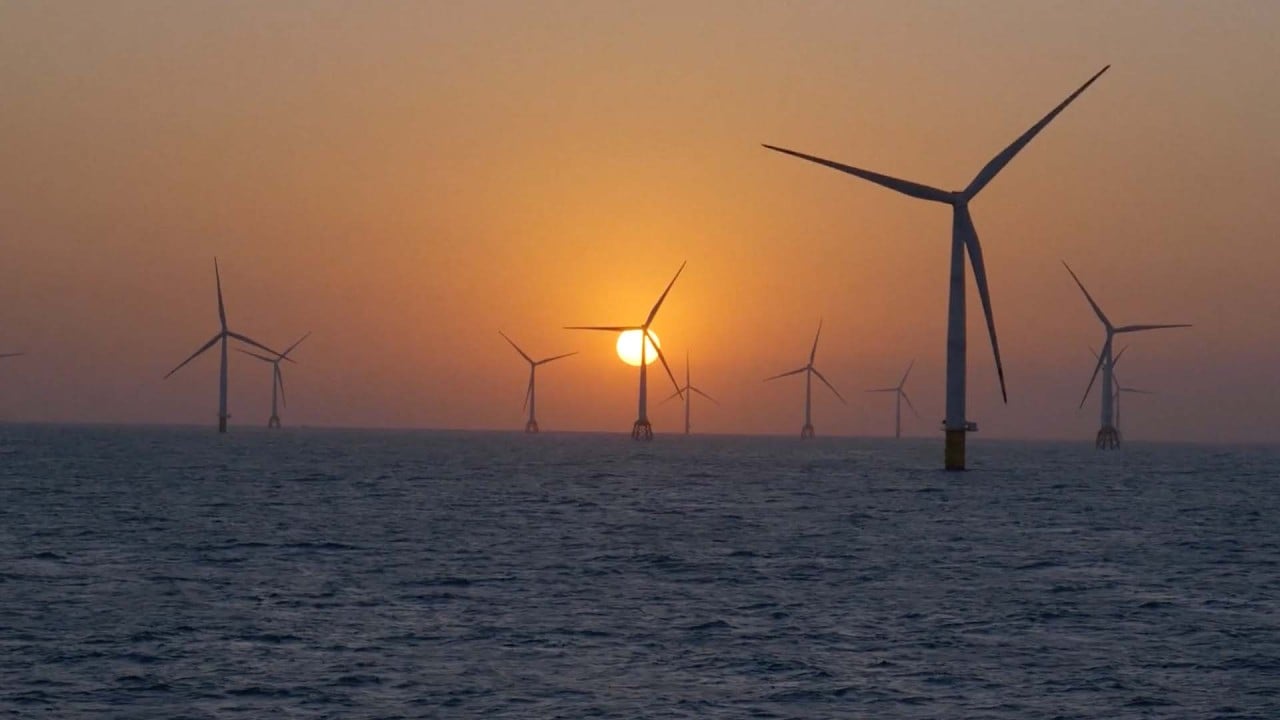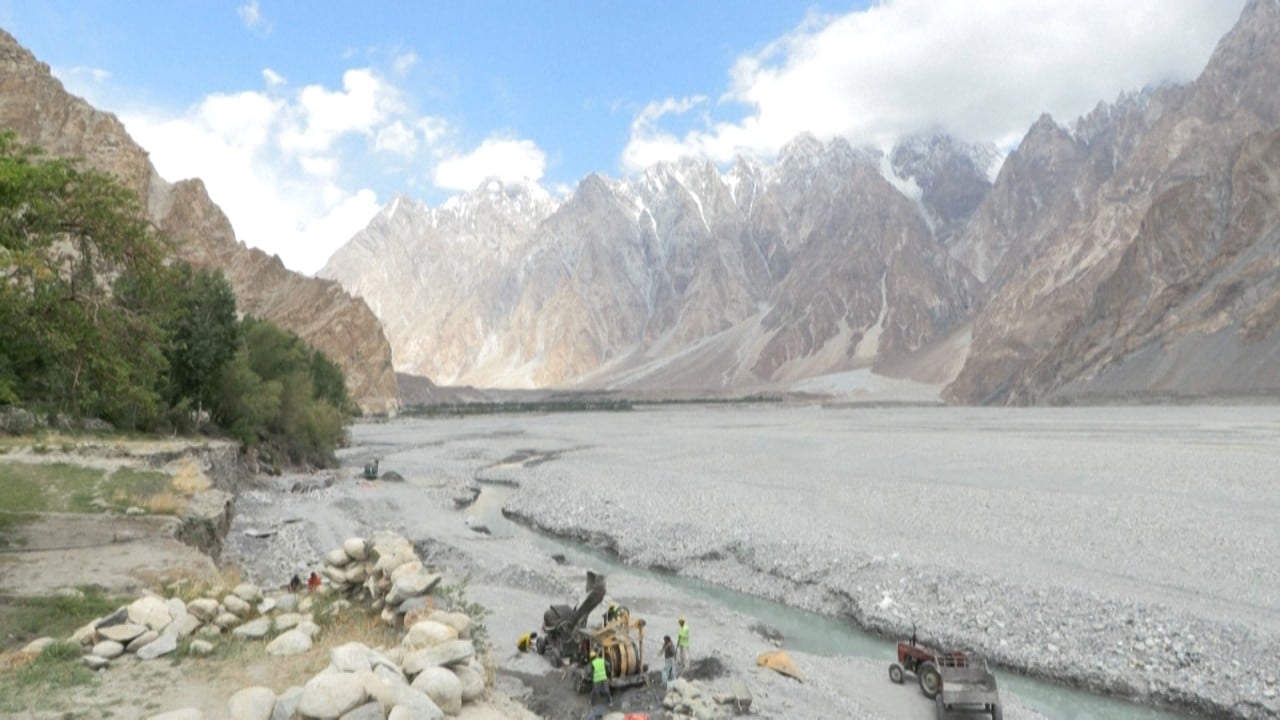
China’s suspension of climate talks with the US puts decarbonisation timeline, methane reduction targets and research at risk
- Talks on reducing methane emissions, slated for next month, will be the first casualty of the suspension
- The halt may also put cooperation on technology development at risk, although both countries continue to make progress on their own, analysts say
“It does not seem that the tensions will ease in the next few months, and the suspension will likely go on for some time, which is definitely not a good sign for COP27,” said Qin Yan, lead carbon analyst at data provider Refinitiv.

However, it remains unclear whether the suspension will apply only to higher-level talks between government representatives or affect all communication between the two countries on climate issues, she said.
A climate working group set up by both countries was supposed to host its first official meeting next month, with methane reduction high on the agenda, but that meeting is now likely to be cancelled, she said.
The group was set up under former US president Barack Obama and helped with the cooperation between the two countries that led to the signing of the Paris Agreement in 2015. It was later scrapped by Donald Trump until being picked back up by the Biden administration.
In addition, the suspension could also impact research cooperation, which could have a long-term impact on the deployment of technology that is needed to support emission reductions, according to Lucas Zhang Liutong, director of Hong Kong-based consultancy WaterRock Energy Economics.
“At a high-level, we think that the suspension of the climate talks will create more risk of disruption in the supply chain for technology and equipment to build renewable sources and grid-related solutions to manage renewable intermittency,” Zhang said. “It will further accelerate the decoupling of some of the research cooperation between Chinese and US firms and research labs.”
After one year, China’s carbon market faces long path towards climate goals
The lack of detail about the suspension leaves much room for speculation, which could lead non-governmental entities such as businesses and universities to overreact by pausing exchanges.
The duration of the suspension will be very important in judging its impact, according to Li Shuo, a policy adviser at Greenpeace East Asia.
“No one knows how long the suspension will last,” Li said. “Is it going to be several months or longer? I think there might be a situation where the longer they pause, the less likely they are to restart. Then a temporary pause might turn into a permanent halt. If that’s the case, it’ll be a really unfortunate situation.”
The dirty secret of China’s green goals: retiring turbines, solar panels
Yet despite these concerns, analysts agreed that climate-change action has momentum.
“Both the US and China are clearly moving forward with climate policies in their own countries that are independent of those in the other,” said Refinitiv’s Zelljadt.
“These are all positive signs in my view,” said Qin from Refinitiv. “This shows that exactly because energy security is of great concern, saving energy and making a faster transition away from fossil fuels are of great interest for all countries, meaning speeding up emission reduction efforts.”
The suspension will not affect China’s domestic decarbonisation initiatives or a movement away from coal projects when it comes to overseas lending by government-led financial institutions, said Zhang of WaterRock Energy Economics.
Some observers said the suspension may mean more symbolically than it does in reality.
“I think ‘engagement’ will be a better word to describe the US-China relations on climate issues than ‘cooperation’,” said Greenpeace’s Li, adding that competition between the two countries has always outweighed their past cooperation.
“It’s more the fact that both sides say they are cooperating that is seen as important,” Zelljadt agreed. “In fact there seem to be few if any actual concrete measures or programmes. If I may offer an analogy, it is a bit like two children in a sandbox who said they would play together, but hadn’t specified when they would play, or what exact game or playground.”



.jpg?itok=xpZbr0a_)

